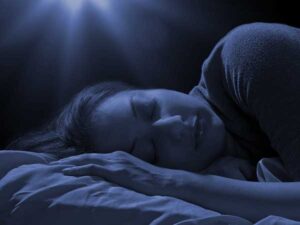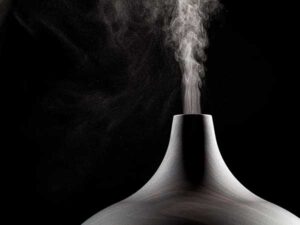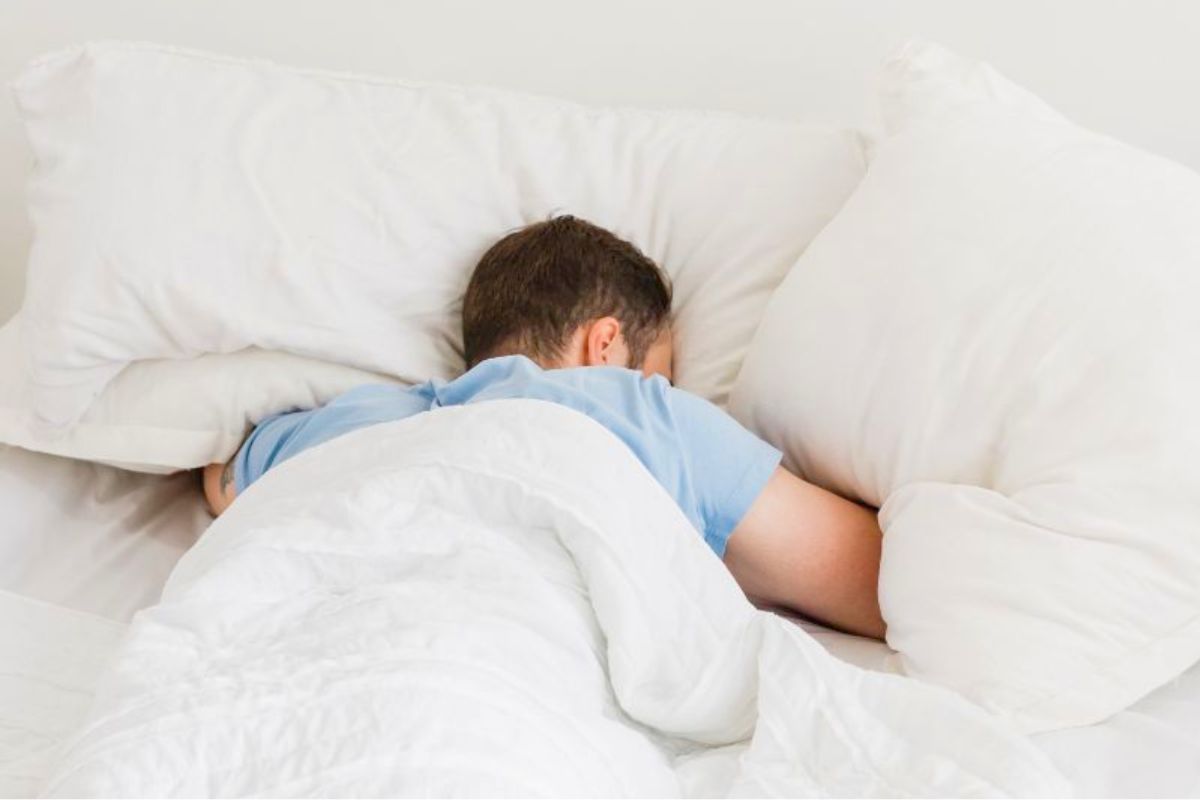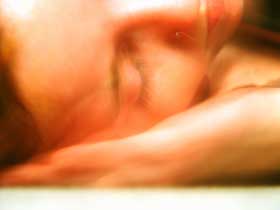Insomnia treatments vary from prescription sleep aids to herbal sleep
remedies to behavioral and stress management techniques. Since the causes and symptoms of insomnia differ from individual to individual, so too will each individual respond differently to treatment. If you are battling insomnia, you should investigate all the treatment options and try to find one which works for you.
Options to treat insomnia

For years, the medical profession has been looking for ways to successfully treat insomnia, whether transient or chronic. The most common form of treatment for insomnia is prescription medication. Sleeping pills now come in many forms, some of which work for longer periods of time than others. While pills can be effective, they can also carry side effects, some of which can be severe.
Rather than rely on traditional medications, many insomnia sufferers turn to other techniques to alleviate their symptoms. The most effective insomnia treatments are those which allow the individual to change their sleep habits and reform their thought process when it comes to relaxing and falling asleep. These treatments tend to have the most long term results.
Among these steps are controlling your sleep environment… making sure that you have a dark, quiet place to sleep… and avoiding stimulating activity such as watching violent TV shows just before bed. Another simple but effective treatment for insomnia is watching what you eat and drink. Cutting
back on natural stimulants such as caffeine, nicotine and alcohol can help you to relax and fall asleep easier.
Many people resort to having a snack or a glass of wine before bed to relax them, but this can actually have the exact opposite effect. Having food in the stomach when you lie down to sleep can cause the stomach acid to work overtime, which can disturb sleep patterns. And while alcohol may seem like one of many insomnia treatments, in reality it has a stimulant effect, preventing you from sleeping rather than helping you sleep.
Relaxation techniques and cognitive behavior therapy are both good treatments for insomnia

Using yoga, meditation, relaxation tapes and other aids to help you slow breathing and reach a relaxed state can help to reduce stress and put you in the right frame of mind for sleep. CBT enables you to change your thought process regarding sleep, which can in turn banish anxieties which cause sleeplessness.
There are some herbal products, including teas, pills and aromatherapy which have also proven to work as insomnia treatments. Chamomile, lavender and eucalyptus are some of the herbs which are known to help relax and de-stress the body. And unlike prescription sleep medications, these herbal sleep treatments do not carry as many side effects, making them safer to use.
Sleeping well is the key to feeling well, so never underestimate the need for a good night’s sleep. If you are troubled by insomnia, consider all your options, talk to your doctor, and find a treatment method which will work for you. The sooner you can get yourself back to sleeping right, the better off you’ll be!
Read more of my articles on Insomnia

Insomnia Home Remedy Solutions
Choose an Insomnia Home Remedy Instead of Sleep Medications. There are many home remedies for insomnia that can help you too.

Should You Take Insomnia Medications To Get A Good Night’s Rest?
Are Insomnia Medications Safe? Learn about sleep medications for insomnia that can help.

Some Insomnia Tips You Might Not Have Thought Of
These Insomnia Tips Might Work To Help You Get To Sleep Tonight. Are any of these things keeping you from getting to sleep?

Heard of the Night Wave?
The Night Wave Sleep Assistant is a safe alternative to sleeping pills if you are suffering from insomnia.

Get To Sleep With The Night Wave Sleep Assistant
The NightWave Sleep Assistant was created for those who suffer from insomnia and middle-of-the-night awakenings who want a non-drug solution.

I’ve researched Prescription Sleep Aids in detail so you don’t have to
My guide to Prescription Sleep Aids is well-researched. Understand the different types of prescription sleep aids and how they can help with your sleep disorder

A Homeopathic Sleep Aid Could Work For You
A Homeopathic Sleep Aid could be beneficial according to a review of studies conducted.

How To Treat Insomnia
How to treat insomnia is a subject of much discussion, and some controversy. Learn about techniques you can employ.

Using Aromatherapy for Anxiety and Insomnia
Aromatherapy for anxiety and insomnia is growing in popularity as the biology behind this approach is quite sound.

5-HTP and Insomnia: The Dietary Supplement 5-Hydroxytryptophan
Learn About 5-HTP: The Dietary Supplement 5-Hydroxytryptophan can help with insomnia.







